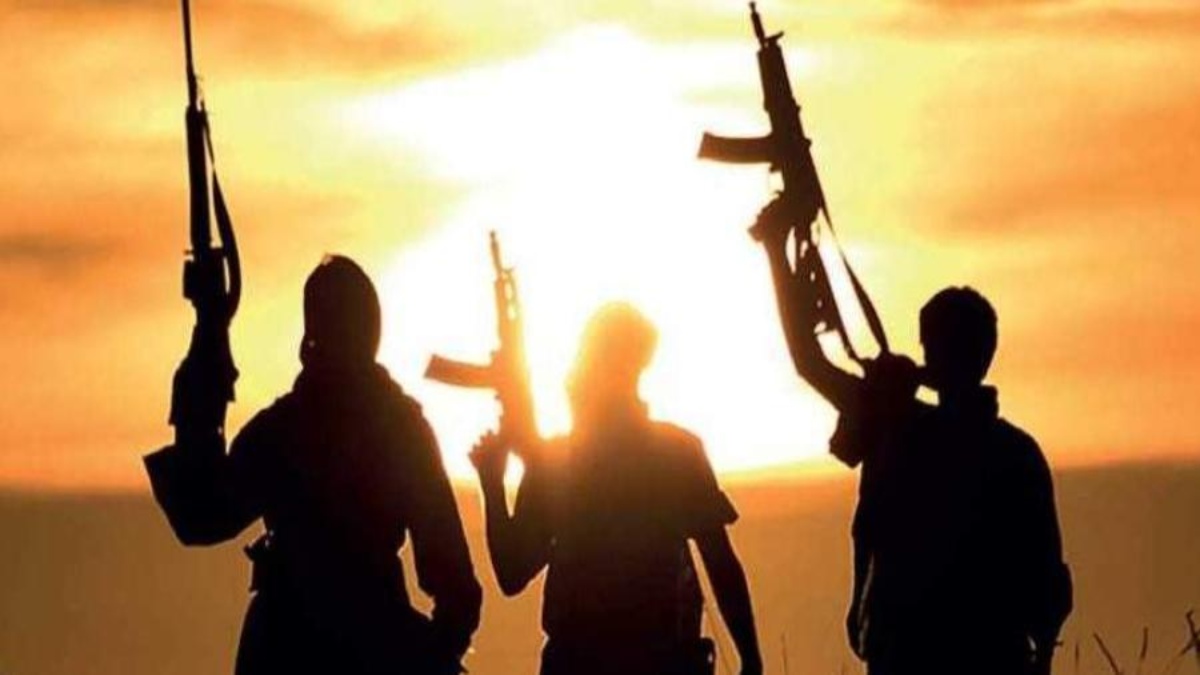Hours after Pakistan Prime Minister Shehbaz Sharif showed his willingness to talk to India, the United States said that it supports a dialogue between Islamabad and New Delhi on issues of concern. Reacting to Sharif’s statement, the Ministry of External Affairs (MEA) spokesperson Arindam Bagchi on Thursday said that India wanted neighbourly ties with Pakistan but there should be “an atmosphere free from terror and violence for such a relationship”.
The message that the MEA spokesperson sought to send out is that before welcoming Sharif’s offer of talks with India, the international community including the US must first ask Pakistan to take tough action against terror outfits which continue to operate from territory under its control. How can talks and terror go together? The global community should seek the answer from Pakistan to this question that India raises every time Islamabad renews its talk offer with New Delhi. Does Pakistan have any convincing and credible answer to that? When Pakistan is still clueless on action against terrorists having safe haven on its soil, how can India accept any offer of dialogue?
The MEA spokesperson has categorically highlighted the point that terrorism continues to be Pakistan’s state policy, a fact that the global community and the US should not lose sight of. By expressing desire to resume dialogue with India, Sharif sought to send out a message to the global community that Pakistan is now behaving as a responsible neighbor of India. In fact, India wants the US to see through Sharif’s real motive behind the offer of dialogue. It is Sharif’s tactic to give a message to the global community that Pakistan is behaving responsibly now and wants peace with India which will be good for the global community as well. Sharif’s next move would be to spread propaganda that it is India which is running away from talks. Therefore, MEA’s reaction saying that Pakistan should create an atmosphere free from terror and violence for any dialogue to be resumed should be seen as a setback to Pakistan’s plan to blame India like this. The US and other major countries of the world should not take any sympathetic view of the Pakistani leader’s statement.
While supporting dialogue between India and Pakistan, the US State Department spokesperson should have immediately asked Islamabad to eliminate terrorists so as to create an atmosphere conducive for talks with India. The US government spokesperson of course said that supporting the dialogue between the two neighbouring nuclear powers is a long-held position of the US. But it should have reminded Pakistan of its inaction against terror. With Sharif extending the talk offer to India, the entire global community should in one voice pressurize Pakistan to be tough on terror. Undoubtedly, the US has been asking Pakistan to take sustained, verifiable and irreversible action against the perpetrators of terrorism.
US President Joe Biden has said on many occasions that we need to see Pakistan taking concrete and sustained action to rein in the terrorist groups, mainly Jaish-e-Mohammed and the Lashkar-e-Tayyaba in order to ensure that we don’t have re-escalation of tension in the region. However, Pakistan never came up with any evidence that could buttress its claim that it is fighting against terrorism. With this in view, the Indian foreign ministry’s reaction to Sharif’s offer of talks with New Delhi assumes significance. “We have seen reports regarding the comments made by the Pakistan PM on this issue. India’s clear and consistent position is well known that we desire normal relations with all our neighbouring countries including Pakistan. For this environment free of terror and hostility is imperative.” Pakistan’s inaction on terrorism is the reason why India does not want to accept any such offer of resumption of dialogue with Islamabad. The global community must take note of this fact and must build pressure on Pakistan to take action against terrorism.

















